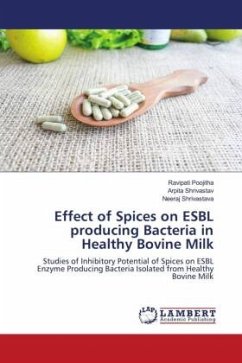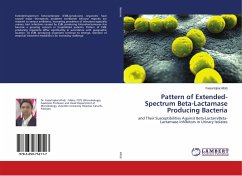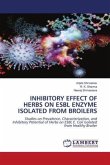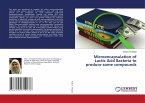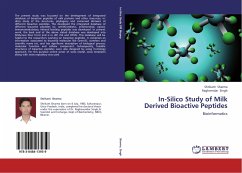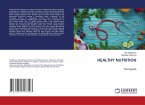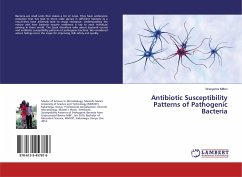Studies on the prevalence of the Extended Spectrum Beta Lactamase Enzyme Producing Enterobacteriaceae Group of Bacterial isolates from Bovine Milk were undertaken in the 100 samples, giving a prevalence rate of 14%. Three standard methods used were Combine disc diffusion test (CDDT), Double disc synergy test (DDST), and Enzyme MIC strip method. Among the three methods CDDT method showed maximum sensitivity, and the Ezy MIC strip method was found to be least sensitive. Multi-drug resistant profiles of ESBL-positive isolates were also observed against Amikacin, Cefuroxime, Cefixime, Ampicillin showed 100 percent resistance against ESBL isolates, and minimum resistance was observed against Colistin (29%) antibiotic. Inhibitory potential and percent inhibition of beta-lactamase enzyme were observed against dry powder of Meethi seeds (Trigonella foenum-graecum), dry zinger, (Zingiber officinale), Ajwain seeds (Trachyspermum ammi) Kalonji seeds (Nigella sativa), Black pepper( Piper nigrum), Clove buds (Syzygium aromaticum). (10mg/ml) and one test drug Tazobactum by Iodometric method and Colorimetric method.
Bitte wählen Sie Ihr Anliegen aus.
Rechnungen
Retourenschein anfordern
Bestellstatus
Storno

